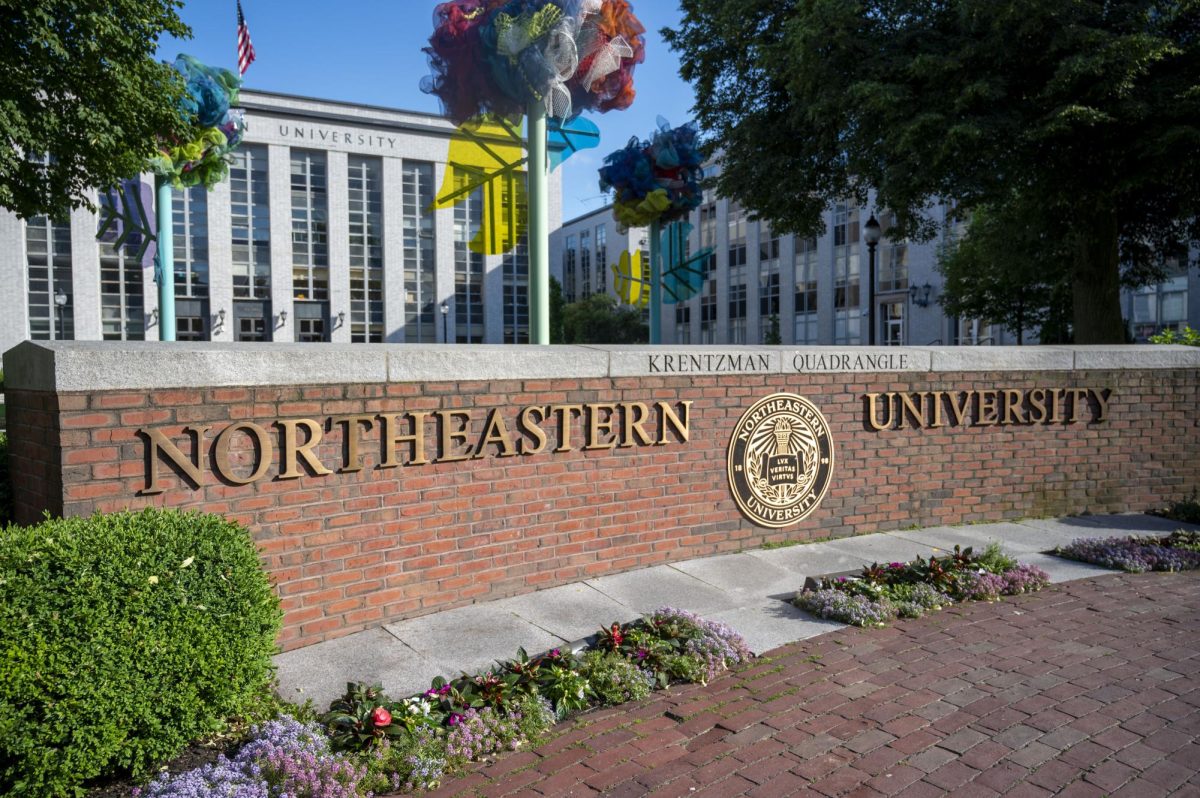A class action lawsuit filed Oct. 7 against Northeastern and 39 other private universities alleges the institutions are overcharging students by requiring them to list the income of noncustodial parents in financial aid applications.
According to the lawsuit, brought by current Boston University student Maxwell Hansen and Cornell University alum Eileen Chang, the universities named in the complaint require applicants to list two parents when completing financial aid documents through the College Scholarship Service, or CSS, portal. The income and assets of noncustodial parents are then allegedly used by the universities to calculate the amount of financial aid that will be awarded.
For students without two parents, the second parent is considered a noncustodial parent, or NCP. The lawsuit says the practice presents unique difficulties for students who have two living parents, but one is absent or not expected to financially contribute to their education. Schools decide individually whether to consider both parents in financial aid decisions if there is contact information for the NCP.
“Paying for college is one of the landmark financial burdens millions of students and parents face,” the suit reads. “Families often spend years planning and saving to pay for college and many incur long-lasting debt, sometimes debt they cannot afford.”
According to Northeastern’s Student Financial Services website, prospective students are required to provide financial information of NCPs, but if the parent is not able to be contacted, the student can submit a waiver request.
“We don’t comment on pending litigation,” a Northeastern spokesperson said in an email to The News Oct. 16.
The lawsuit alleges that having an NCP provide financial information artificially creates a higher reported income than the prospective student is supported by, thereby decreasing aid provided to students. The lawsuit further alleges that this practice has raised annual tuition prices by at least $6,200 at the universities named in the lawsuit when compared to universities that don’t require students to list NCPs.
The suit says the practice breaks the Sherman Act, an antitrust law that prohibits unfair business practices and monopolies and promotes competition and economic fairness.
“High levels of student debt can significantly impact students’ academic performance. It can be difficult for students to allocate sufficient time and energy to their coursework when they are preoccupied with financial concerns,” the lawsuit reads. “Research has shown for nearly two decades that higher levels of student loan debt are associated with lower academic achievement among students, as well as reduced course loads and even lower graduation rates.”
Of the 40 schools listed in the lawsuit, eight universities are in Massachusetts, the largest number of respondents in one state. The eight institutions are Brandeis University, Harvard University, Massachusetts Institute of Technology, Northeastern University, Tufts University, Worcester Polytechnic Institute, Boston College and Boston University.
The lawsuit also named the College Board, a nonprofit membership organization that developed standardized admissions tests SAT and AP, as a defendant. According to the initial complaint, the university defendants, along with the College Board, developed the “NCP Agreed Pricing Strategy” that required NCPs to provide financial information.
“Students were told there were no exceptions to the requirement — even if a divorce court order was issued concerning college expenses,” the suit reads. “Formulas are then used to generate a financial aid offer. The student then ultimately receives an estimate for the family contribution based on what the two parents can contribute, regardless of whether both parents do actually contribute.”
The College Board, of which all defendants are members, introduced this practice in 2006, according to the lawsuit. Seventy-five universities began to require students to list NCPs in the absence of two biological parents following the decision.
Northeastern became a member of the College Board in October 1957 and requires applicants to comply with the NCP requirements of the CSS profile.
In 2006, when the College Board introduced guidance on NCPs, total student debts in the United States were $481 billion. Now, in 2024, that number has climbed to over $1.745 trillion, according to the lawsuit.
Northeastern’s full cost, including fees and indirect attendance costs, is currently $90,250 for two semesters. The current average net price of enrollment for Northeastern students after receiving financial aid and scholarships is $28,521 annually. However, the amount of financial aid that is granted depends on the student’s financial background.
The Huntington News is dedicated to serving the Northeastern University community with original, professional reporting and creating an environment in which student journalists can learn from one another. Support an independent, free press at Northeastern University with your donation today.












